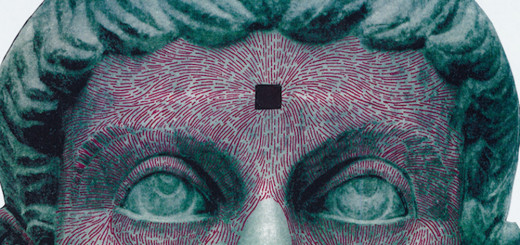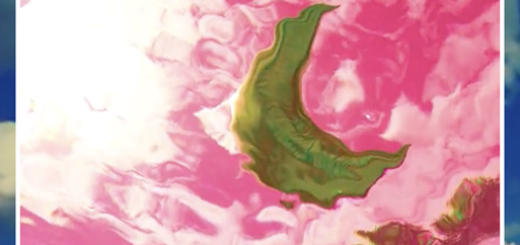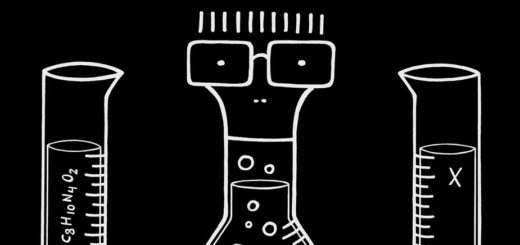S/T by Future

Genre: Trap Rap
Favorite Tracks: “Super Trapper,” “Mask Off,” “Scrape”
Atlanta rapper Future burst into the hip hop scene in 2012 with the release of his debut album, PLUTO. Since then the rapper has progressed from Auto-Tune’s savior to the most prominent rapper in Atlanta’s vibrant rap scene. Future’s lyrical content is akin to that of fellow southern rap legend Gucci Mane, and his influence is heard clearly in the work of more recent trap artists like Kodak Black, G Herbo, and Migos.
Future’s 2015 release, DIRTY SPRITE 2, is currently unrivaled as trap rap’s magnum opus. However, DS2’s followups have lacked the authenticity and character that made the album so convincing despite its borderline ridiculous facade.
Future’s new, self-titled album eschews his kingpin image and cinematic nostalgia in favor of blunt urban grit, but loses all listenability in the process.
Ultimately FUTURE’s biggest downfall is its length. Lingering at just over an hour in full, FUTURE was impossible to get through in one sitting and took three listens to finish. The most unbearable element of the album was the repeated inclusion of lengthy talking portions at the end of various tracks throughout the album, which consisted of characters who sounded like hip hop radio DJs goofing around in the studio. These interludes often negated accessibility and ultimately damaged the album’s appeal.
The least bearable talking portion was at the end of the album’s opening track, “Rent Money,” an otherwise solid start to the album. The interlude was so poorly executed and tasteless that after four more tracks it was time to put the album away for a few hours. It is unusual to encounter an album as lively as FUTURE that is also so uninteresting that it cannot be consumed in one sitting. Sadly, FUTURE proved to be an exception to this assumption.
FUTURE’s second biggest downfall is its complete lack of “bars,” or any memorable lyricism whatsoever. Put bluntly, at no point on the album does Future ever have a memorable line. His hooks are the weakest they’ve ever been, and his few and far between verses are as underwhelming as their accompanying hooks, which Future has a tendency to repeat over and over again ad nauseum. Oddly enough, the complete lack of lyrical distinction comes with Future’s first release that does not employ his characteristic Auto-Tuned warble. Future’s most distinctive features as a rapper were once his voice and the rough around his edges. FUTURE doesn’t feel like the Atlanta confidential that his previous work felt like. Oddly, Atlanta’s most prominent voice has nothing to say on his new album.
Sadly, FUTURE’s production is no better than its poor formatting or weak wordplay. Gone are the, “If young Young Metro don’t trust you Imma shoot you” drops that were at the beginning of almost every track from DS2 to EVOL. Instead, the production is arid and harsh. The high end synths are unbearably loud and piercing, often even drowning out the lyrics. The drum samples are oddly low fidelity for a hip hop album in 2017, and the bass feels weak and lacks the propulsion that is so characteristic of trap music. Though there is obvious beauty in an album that breaks the sonic mold, FUTURE breaks an incredibly approachable mold that the rapper played a seminal role in creating.
FUTURE is a bad album. There are few memorable moments, but the good is unequivocally outweighed by the presence of unbearable production and half-baked attempts at departures from the elements that make Future a staple in the modern rap game. Ultimately, Future fans should steer clear if they don’t want to be left asking what Future’s intentions were with this release.
Verdict: Do Not Recommend
NOTE: This review was written before the release of HNDRXX one week later. Though the album is still Future’s weakest to date, it is an interesting contrast to HNDRXX, a lengthy album that fully embraces Future’s opulence. The two albums stand as complete opposites, and the contrast between the two adds an interest to FUTURE that was not there before the release of its sister album.



